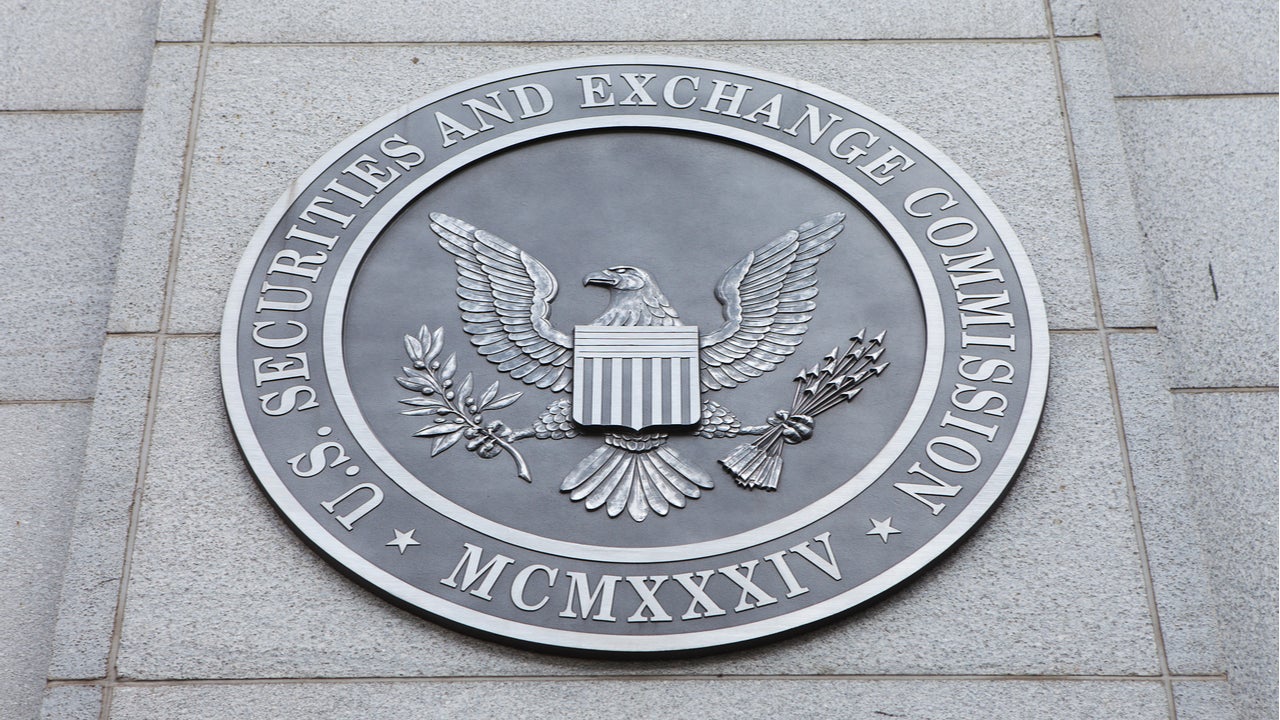
The US Securities and Exchange Commission (SEC) says that Chinese companies seeking to go public in the United States must fully explain their legal structures and disclose any risk of governmental interference in their businesses before being allowed to list.
“I believe such disclosures are crucial to informed investment decision-making and are at the heart of the SEC’s mandate to protect investors in US capital markets,” SEC Chair Gary Gensler said in a statement on Friday.
US regulators are taking a much more cautious stance against Chinese companies looking to float in the US. This underscores Washington’s concerns that Chinese companies are systematically flouting US rules requiring public companies to disclose to investors a range of potential risks to their financial performance.
Additionally, Gensler asked staff to “engage in targeted additional reviews of filings for companies with significant China-based operations,” Reuters reported.
US security
“The SEC is yielding to rising congressional pressure to stop the US from inadvertently funding Chinese companies that supply the People’s Liberation Army (PLA) and/or technologies for repressing the Uyghurs and indeed companies that threaten US tech sovereignty, all of which have to abide by the civil-military fusion policy,” says Michael Orme, senior analyst at GlobalData and China specialist.
The new rule follows the headline-making initial public offering (IPO) of China’s biggest ride-hailing app, Didi Chuxing, last month. Following Didi’s debut in New York, the Cyberspace Administration of China (CAC) said it would launch an investigation into the company, citing illegal collection of users’ personal data.
How well do you really know your competitors?
Access the most comprehensive Company Profiles on the market, powered by GlobalData. Save hours of research. Gain competitive edge.

Thank you!
Your download email will arrive shortly
Not ready to buy yet? Download a free sample
We are confident about the unique quality of our Company Profiles. However, we want you to make the most beneficial decision for your business, so we offer a free sample that you can download by submitting the below form
By GlobalDataShortly after the CAC made its announcement, Didi lost about $15bn of market value, angering US shareholders. Investors argued that the ride-hailing giant did not fully disclose the financial risks it was facing and have slammed it with lawsuits in New York and Los Angeles.
On Friday, Reuters reported that the SEC was not processing registrations for the issuance of Chinese company securities, pending the agency’s guidance on how to disclose the risks they face in China.
SEC bites back
Following that report, Gensler issued Friday’s statement saying that in light of Beijing’s crackdown, he had asked staff to seek additional disclosures from Chinese companies before making their registrations effective.
These should include disclosures of investors facing “uncertainty about future actions by the government of China that could significantly affect the operating company’s financial performance” and the enforceability of certain contractual arrangements.
Chinese issuers must also disclose if they were denied permission from Chinese authorities to list on US exchanges and the risks that such approval could be denied or rescinded.
In addition, Chinese companies should reveal when Chinese law requires them to list in the US via an offshore shell company, which carries additional legal risks.
Long time coming
US investors have over the years argued that Chinese companies lack the same level of transparency as US companies.
“Auditing standards are radically different in the US vs China,” Orme said. “Hence, now, the SEC threaten, under political pressure, to delist Chinese companies that don’t become a great deal more transparent within three years.”
In recent years, numerous Chinese companies have flown across the Pacific Ocean for their market debut. A record 143 mainland Chinese companies completed an IPO in the first three months of 2021, amassing $23.6bn of funds, the South China Morning Post reported.
However, Chinese firms listing on US stock markets started falling in late July after officials in China’s technology sector put a stop to startups accepting funds from outside investors. US-listed Chinese stocks in the education space’s shares plunged following the news.
According to Orme, the reason behind Beijing’s crackdown on Chinese companies listing in the US is less straightforward. The national security threat to China posed by US listings of Chinese companies is not very significant, he argued.
“I think what Beijing is really up to is boosting Hong Kong in the mid-term over the US for listing,” Orme explained. “And you can be sure that, even though it’s just softened its policy on US IPOs, the Chinese regulators will make it much easier and far less tedious for Chinese companies to list in Hong Kong than the US.”






